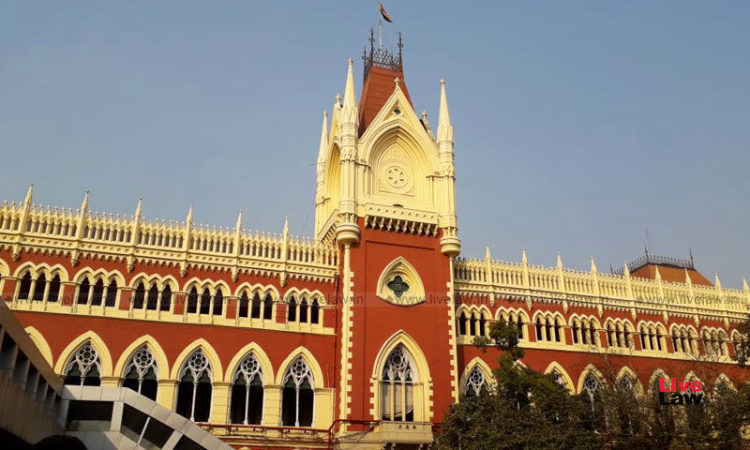Substitution Or Addition Of Parties Not Permissible Under Order VI Rule 17 Of CPC: Calcutta High Court
Srinjoy Das
11 Sept 2023 7:45 PM IST

Next Story
11 Sept 2023 7:45 PM IST
The Calcutta High Court has held that substitution of legal heirs of a deceased plaintiff as well as addition more plaintiffs in a suit, would not be permissible under Order VI Rule 17 of the Civil Procedure Code, 1908, (“CPC”).A single-bench of Justice Krishna Rao disposed of the application by allowing the prayer for amendment of pleadings by the plaintiffs and held:This Court finds...
